In the world of automotive comebacks, few brands have as passionate a following as TVR. This British sports car manufacturer, known for its distinctive designs and powerful engines, has had its fair share of ups and downs over the years. Now, with the introduction of the new Griffith, TVR is staging a more credible comeback, capturing the hearts of enthusiasts once again. In this article, we delve into the story of TVR’s resurgence, exploring the key players, design philosophies, and how the Griffith is setting the stage for a brighter future.
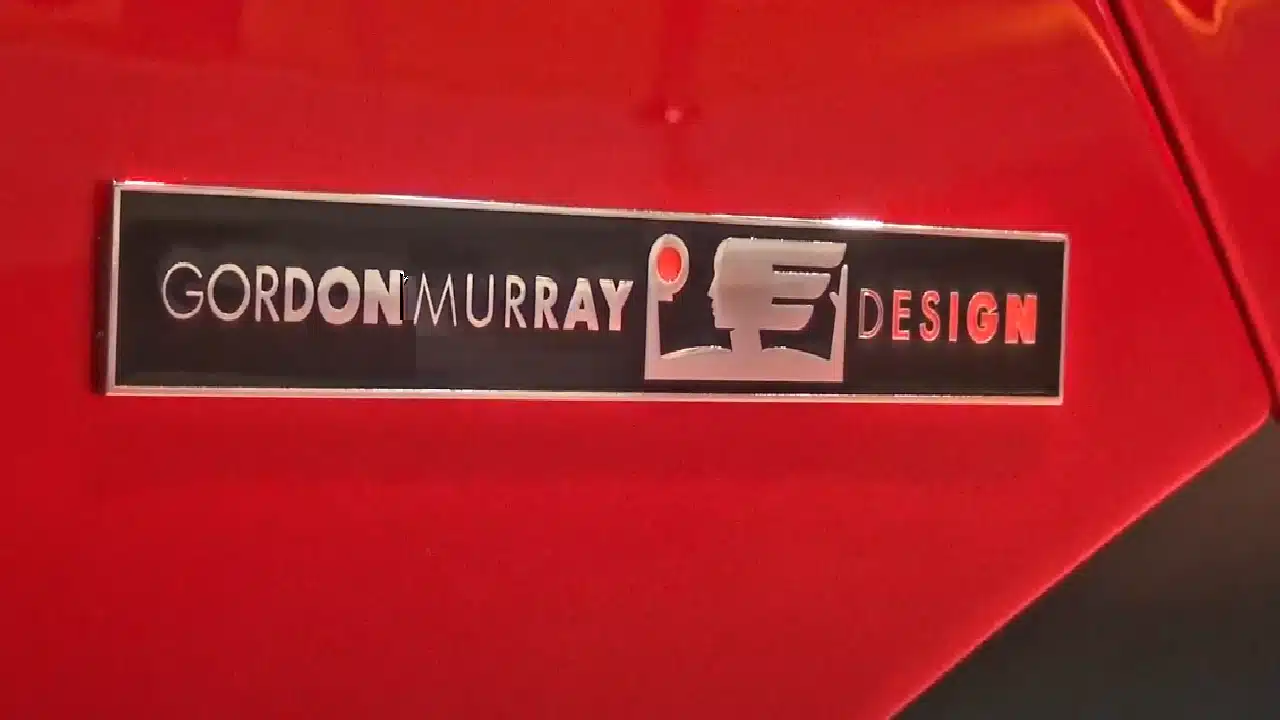
A Brief History of TVR: Passion and Performance
To understand TVR’s comeback, it’s essential to look back at its rich history. Founded in 1947 by Trevor Wilkinson, TVR has always been synonymous with lightweight, powerful, and distinctive sports cars. Over the decades, the company has produced a range of iconic models, including the Grantura, Vixen, and the legendary wedge-shaped cars of the 1970s and 1980s, such as the 3000M and the Tasmin.
TVR’s cars have always been characterized by their use of advanced materials, such as fiberglass and later, carbon fiber, which kept weight low and performance high. The engines, often sourced from well-known manufacturers like Ford, Rover, and later, TVR’s own in-house designs, delivered impressive power outputs. This combination of lightweight construction and potent engines resulted in cars that offered exhilarating performance and handling.
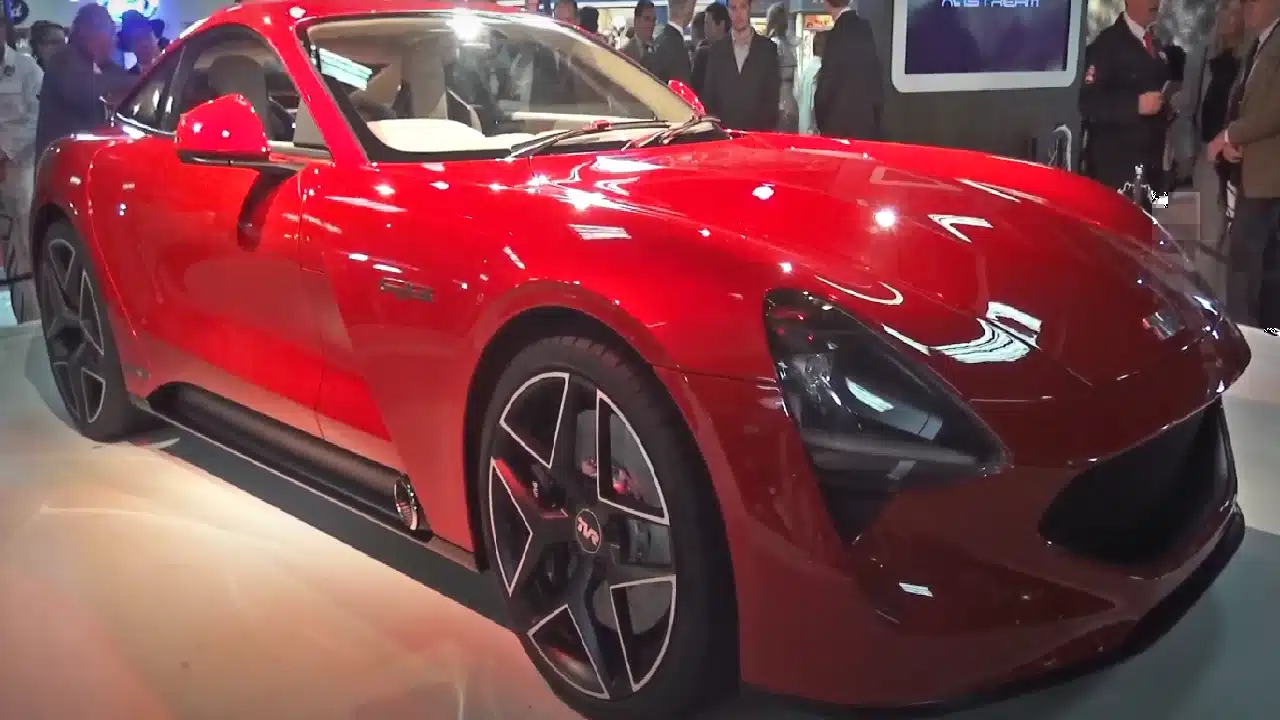
However, TVR’s history has also been marked by financial instability and changes in ownership. Despite critical acclaim for its cars, the company struggled financially, and in 2004, it was sold to Russian businessman Nikolai Smolensky. This period was tumultuous, with production ceasing in 2006 and the company’s future looking uncertain. It wasn’t until 2013 that a new chapter began, with TVR being acquired by a consortium led by Les Edgar and John Chasey.
Enter Adam Morgan: A New Vision for TVR
The acquisition of TVR by the consortium, which included racing driver and entrepreneur Adam Morgan, marked a turning point for the company. This new ownership group had a clear vision for TVR’s future, focusing on what made the brand great in the first place – building exciting, distinctive, and affordable sports cars.
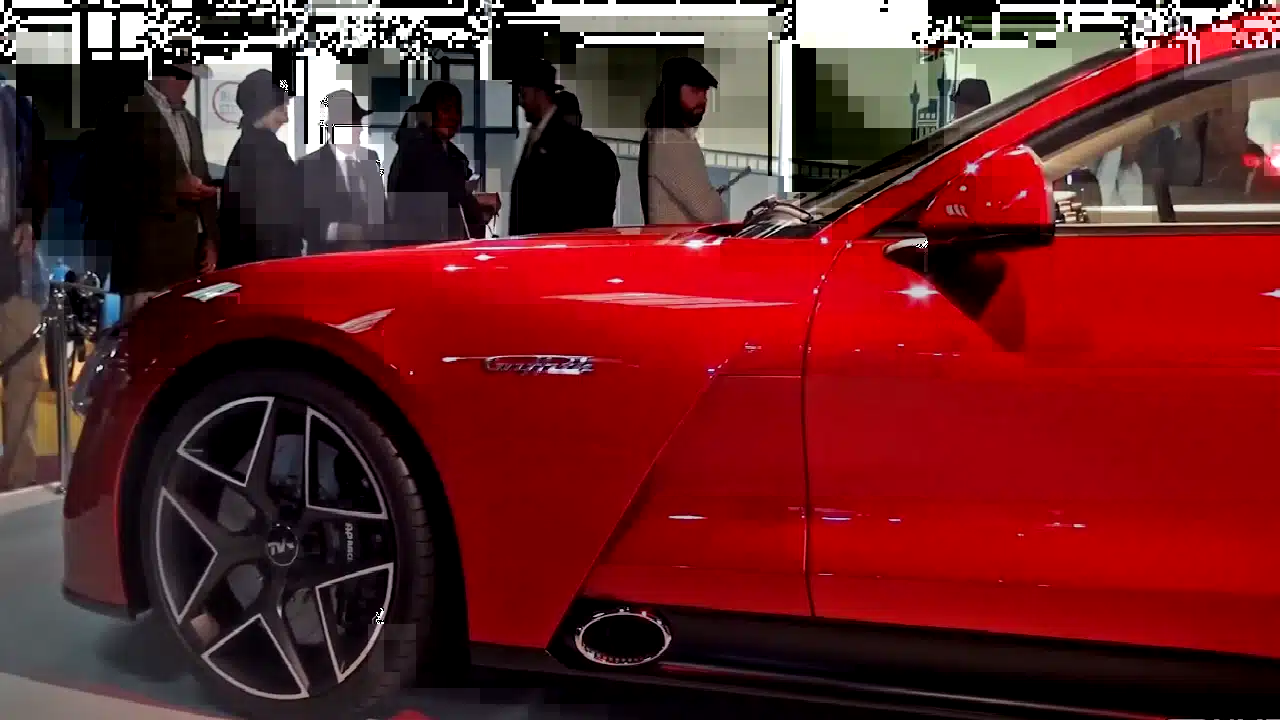
Adam Morgan, a lifelong TVR enthusiast and successful racing driver, played a pivotal role in shaping TVR’s comeback. He brought with him a passion for the brand and a deep understanding of what made TVR special. Under his guidance, TVR set out to create a car that embodied the spirit of the classic TVRs while incorporating modern technologies and design principles.
The goal was to create a car that would be instantly recognizable as a TVR, with its unique styling and performance, but one that could also appeal to a wider audience. This meant addressing some of the quality and reliability concerns that had plagued TVR in the past, while still retaining the raw, engaging driving experience that TVR enthusiasts loved.
The Griffith: A Modern TVR Icon
The result of TVR’s resurgence is the stunning Griffith. Unveiled in 2017, the Griffith pays homage to one of TVR’s classic models while bringing the brand firmly into the modern era. This new sports car embodies the key principles that have defined TVR over the years – lightweight construction, powerful engines, and distinctive styling.
The Griffith is an instant head-turner, with its aggressive yet elegant styling. The long hood, sculpted flanks, and short overhangs evoke a sense of motion even when stationary. The signature side exhausts, a TVR trademark, add a touch of drama to the car’s profile. The use of advanced composite materials and aluminum in the chassis and body keeps weight down, ensuring the Griffith lives up to TVR’s performance heritage.
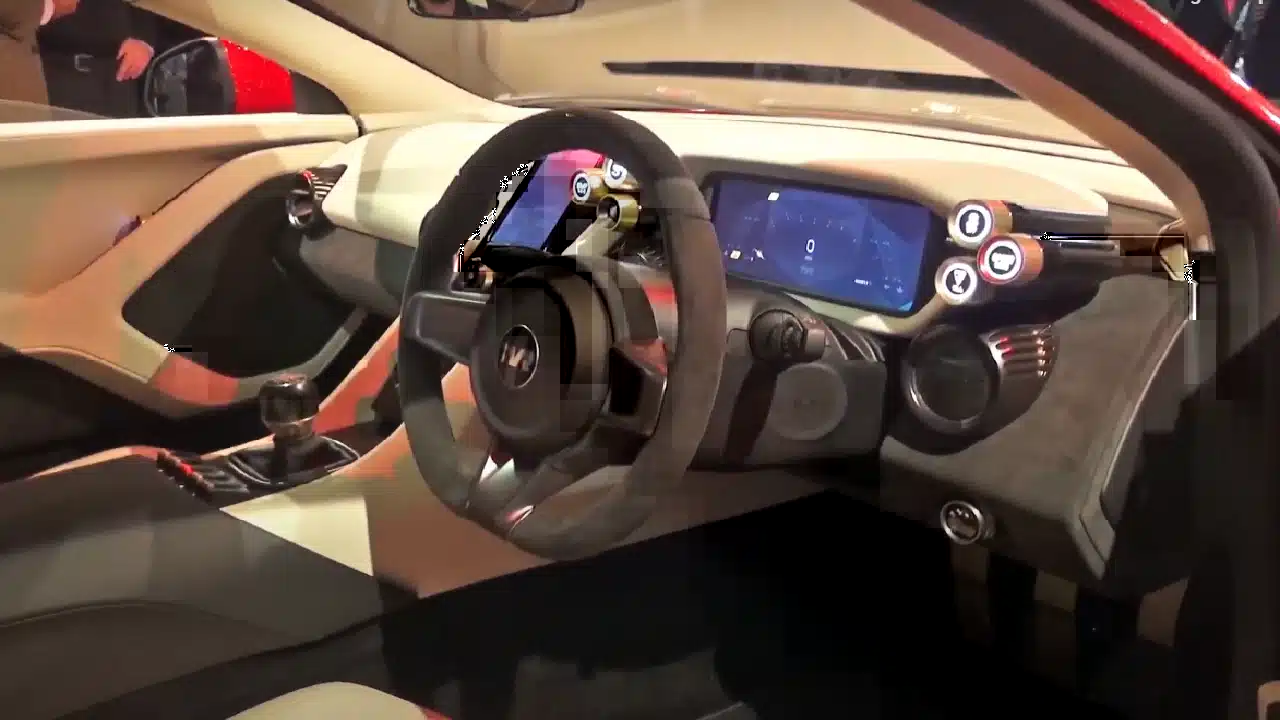
Under the hood, the Griffith is a powerhouse. It’s equipped with a Ford-sourced 5.0-liter V8 engine that’s been tuned by Cosworth to deliver an impressive 500 horsepower. This front-engine, rear-wheel-drive layout ensures a thrilling driving experience, with the car capable of accelerating from 0-60 mph in under four seconds and reaching a top speed of over 200 mph.
The Griffith also benefits from modern technologies and engineering advancements. The chassis, developed in collaboration with Gordon Murray Design, utilizes a unique iStream construction process that ensures rigidity and safety without adding unnecessary weight. The suspension has been engineered to provide a balanced ride, offering both comfort and agility.
A Step Towards a Brighter Future
The launch of the Griffith signifies more than just a new car for TVR – it represents a step towards a brighter and more sustainable future for the brand. With the new ownership group’s focus on quality and reliability, TVR is aiming to address some of the issues that plagued the company in the past. This includes improvements in build quality, customer service, and after-sales support.
The Griffith also showcases TVR’s ability to adapt to modern trends and technologies. The use of advanced materials and engineering processes ensures that the car can compete with other modern sports cars in terms of performance, efficiency, and safety. The incorporation of modern conveniences and technologies, such as a touchscreen infotainment system and advanced driver-assistance systems, broadens the car’s appeal.
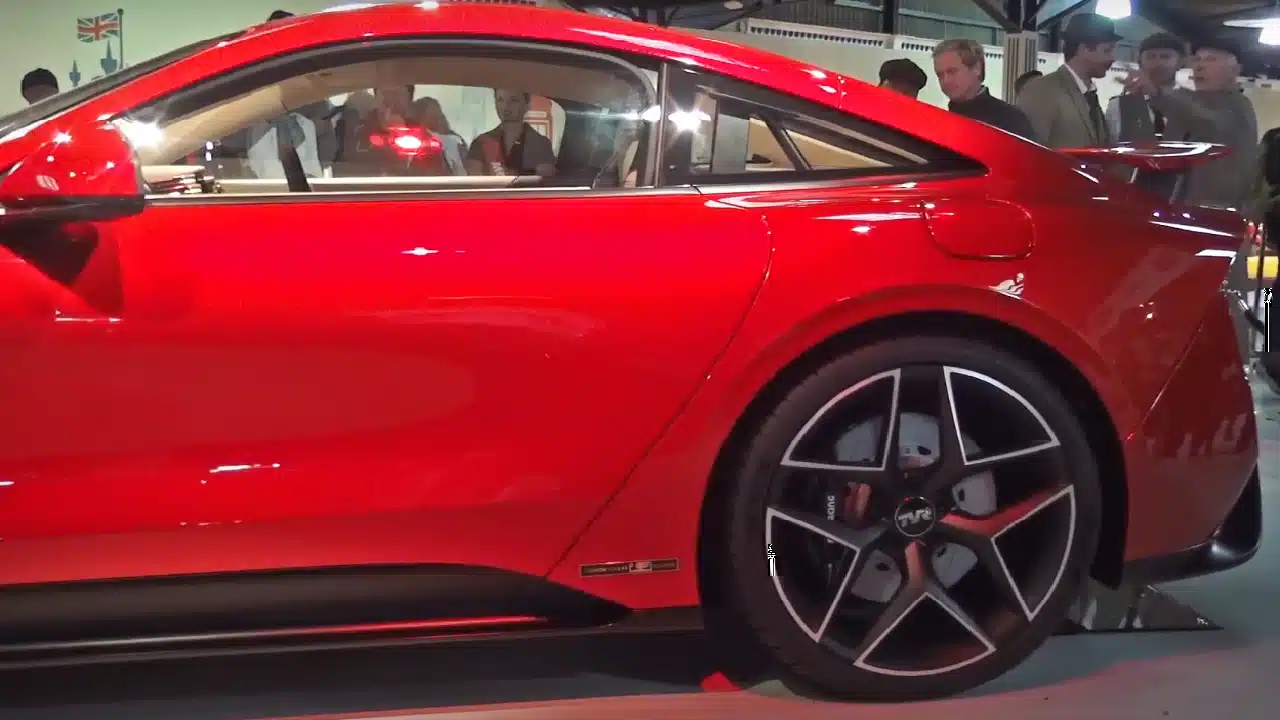
The response to the Griffith has been overwhelmingly positive, with orders pouring in from enthusiasts and collectors alike. This success bodes well for TVR’s future, providing the financial stability needed to continue developing new models and expanding the brand’s reach. It also reinforces the idea that there is a strong demand for distinctive, driver-focused sports cars that offer a raw and engaging experience.
The TVR Community: A Passionate Following
One of TVR’s greatest strengths has always been its passionate community of owners and enthusiasts. This dedicated group has played a crucial role in keeping the brand alive, even during its darkest hours. With the launch of the Griffith, TVR is not only rewarding these loyal fans but also attracting a new generation of enthusiasts who appreciate the brand’s unique character and heritage.
The TVR Car Club, one of the largest and most active car clubs in the UK, has been instrumental in fostering this community. With regional events, track days, and social gatherings, the club provides a platform for TVR owners to connect, share their passion, and celebrate the brand’s rich history. This sense of community and camaraderie is something that sets TVR apart from many other automotive brands.
The support of this dedicated community has been invaluable to TVR’s comeback. Their enthusiasm and advocacy have helped generate buzz around the Griffith, with many owners placing orders for the new car. This loyalty and passion are testament to the unique bond that TVR has forged with its customers, and it sets the stage for a brighter future.
A Credible Comeback for a British Icon
With the launch of the Griffith, TVR has staged a more credible comeback, addressing the concerns that plagued the brand in the past while retaining the core values that made it great. The new ownership group, led by Adam Morgan, has successfully injected new life into this British icon, capturing the hearts and imaginations of enthusiasts once again.
The Griffith embodies the best of TVR, combining lightweight construction, powerful engines, and distinctive styling with modern technologies and engineering advancements. It delivers an exhilarating driving experience while offering the quality and reliability that today’s customers demand. This car is a testament to TVR’s rich heritage and a symbol of its bright future.
Conclusion
As TVR continues its resurgence, the Griffith sets the stage for further growth and expansion. With a strong foundation in place, TVR is well-positioned to build on its success, developing new models and reaching new audiences. The passion and dedication of the TVR community, coupled with the company’s renewed focus and vision, ensure that this iconic British brand is here to stay.
















